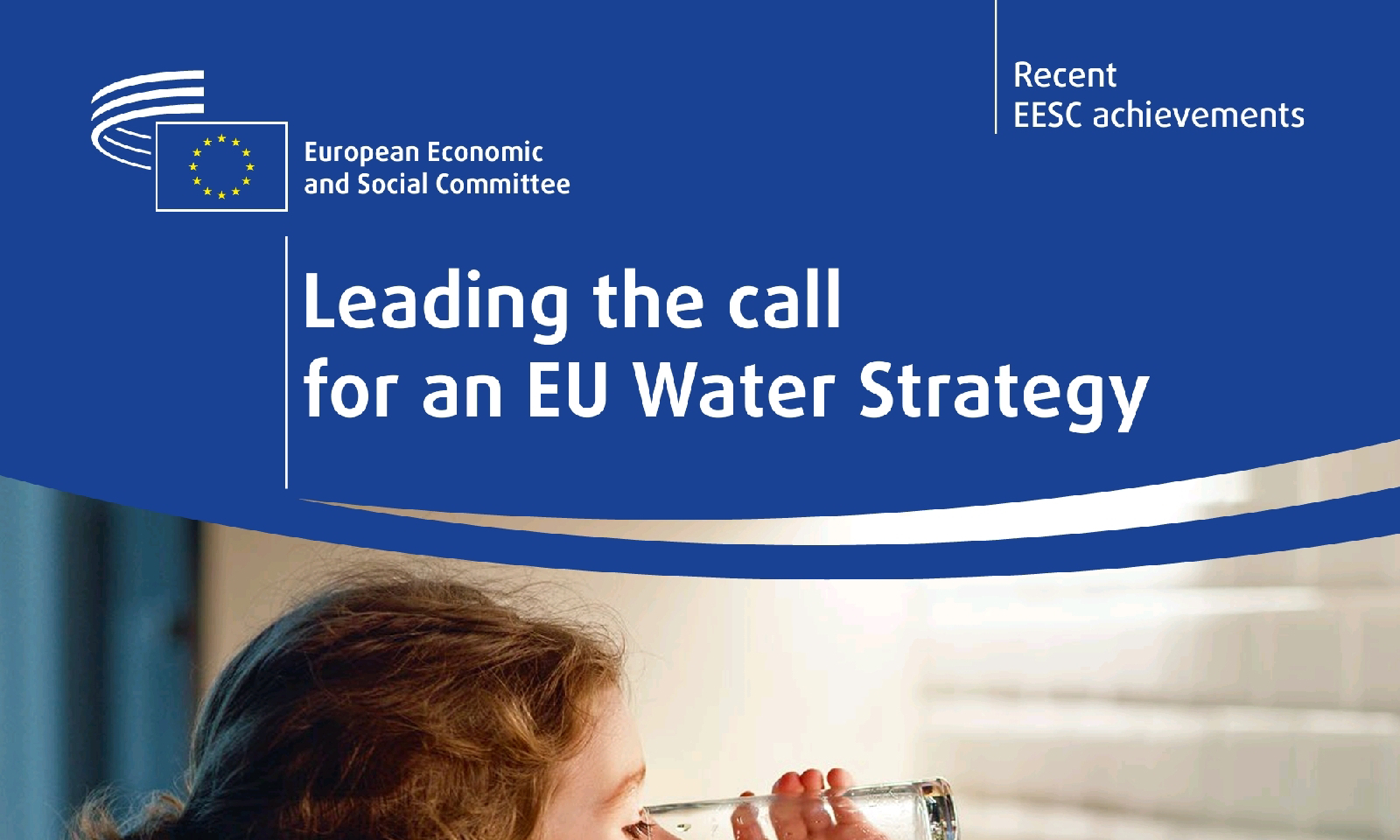Water security is no longer a distant concern – it’s a critical issue across Europe. Pollution and overconsumption are threatening our water resources, and over three-quarters of Europeans demand stronger action from the EU. National efforts are falling short, and existing policies lack the depth and coordination needed to tackle these growing challenges.Confronting these challenges head-on, the European Economic and Social Committee (EESC) has taken a lead in advocating for a comprehensive EU water strategy. In 2023, we launched the EU Blue Deal – the first major call for a unified EU water policy. This ground-breaking initiative not only identifies Europe’s water issues but also delivers a clear and concrete roadmap for tackling them. We propose a holistic and strategic approach, featuring 15 principles and 21 actions to address the social, economic, environmental and geopolitical dimensions of water management. The solutions are clear: reduce, reuse, recycle water, cut pollution, and implement water-efficient technologies. But the EESC doesn’t stop at proposals – we actively champion the Blue Deal. The Call for an EU Blue Deal Conference in October 2023 brought together EU representatives, the UN, water experts and civil society, sparking essential dialogue on water policies. Partnering with the European Parliament’s MEP Water Group and the Committee of Regions, we worked tirelessly to push EU leaders to endorse the initiative. Virginijus Sinkevičius, European Commissioner for the Environment, Oceans and Fisheries, applauded the EESC’s water initiative: ‘Thank you to the Committee for putting freshwater management and clean water for all where they belong – in the European spotlight.’ By September 2023, the Blue Deal gained significant political momentum. The EESC, supported by 35 Members of the European Parliament, urged EU heads of state and government to back the initiative. This effort resulted in the inclusion of water in the European Commission President’s 2024 Letter of Intent and its work programme through a non-legislative initiative on water resilience, aimed at securing water for citizens, nature and the economy, while also addressing flooding and water shortages. The European Commission also openly recognised our leadership on the issue by inviting the EESC to partner in the #WaterWiseEU campaign, launched during EU Green Week in May 2024. This campaign raised awareness about the need for a comprehensive water strategy and highlight the political ambition necessary to effectively tackle the water crisis. Looking ahead In September 2024, the European Commission announced a dedicated Commissioner for Environment, Water Resilience, and Competitive Circular Economy. This major step is a clear testament to the impact of our advocacy efforts on the EU Blue Deal over the past two years. Alongside this, the European Commission President has confirmed that water resilience will be a key priority in the next political agenda, committing to a Water Resilient Strategy to address Europe’s pressing water challenges. The EESC remains unwavering in its commitment to making the EU Blue Deal a cornerstone policy for the European Union. We continue to collaborate with EU institutions, Member States and civil society to advance a strategic approach to water management with the necessary financial and human resources allocated to confront the water crisis head-on. We strive to create a resilient future where every European can depend on secure and sustainable water resources.

Yorumlar
Yorum Gönder